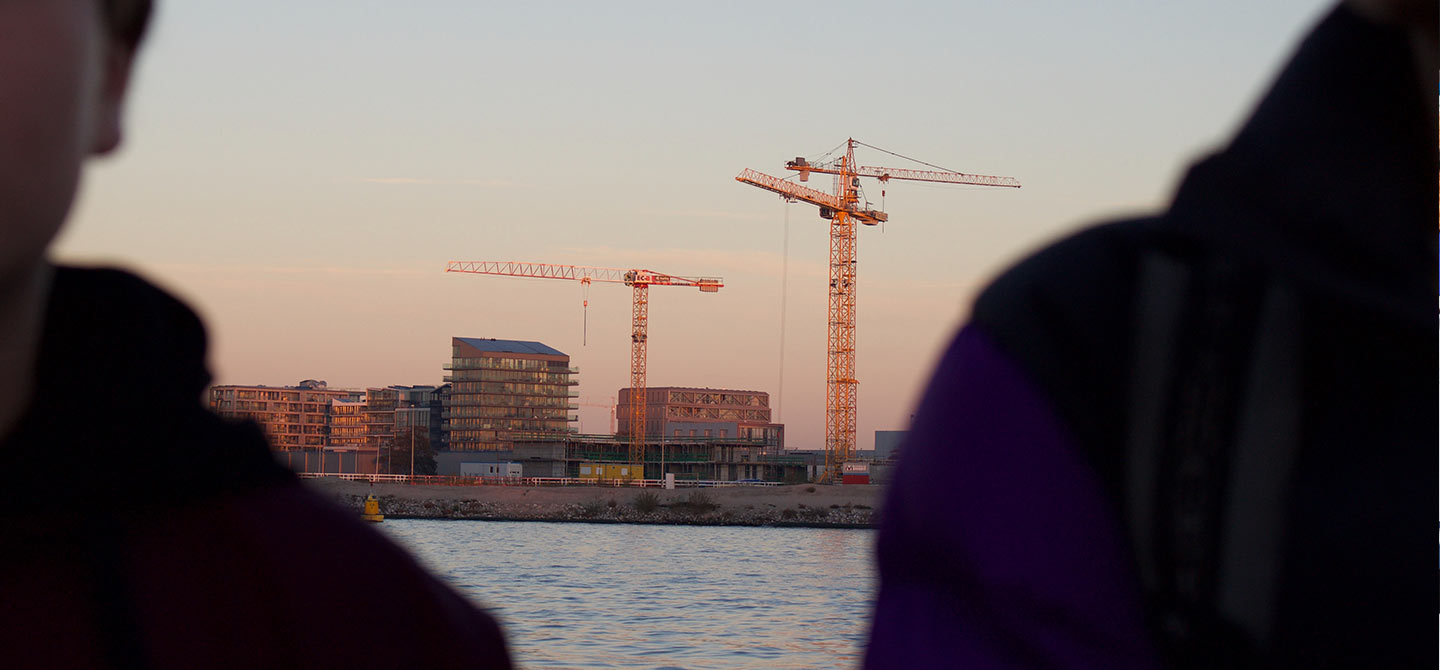Menu
A commercial lease is a contract made between two parties, where the lessor leases a property to the lessee, for the purpose of running a business. This property may come in the form of an office, store or warehouse.
For the lessee, the decision to enter into a commercial lease is a significant one. This is because, adopting new working facilities can be both beneficial and detrimental for their business. Conversely, lessors carry an enormous amount of risk whenever leasing their premises. Therefore, a commercial lease requires several important considerations.
When entering into a commercial lease, both parties must make similar considerations:
Cost of Rent
Both parties must carefully consider the cost of rent. In particular, determining the frequency of payment is important. This is because it can have both positive and negative effects on cash flow. For example, the lessee may benefit from a monthly or bi-monthly payment schedule as it provides more time to generate cash flow. Conversely, the lessor may prefer weekly payments, as it provides them with a continuous influx of cash.
It is also important to consider whether there will be an increase in cost over time. This essentially means that the price of rent can increase depending on various market rates and business profits.
Length of Commercial Lease
The length of the lease is dependent on your situation. The term of a lease should be long enough to maximise goodwill. Furthermore, deciding on the length of the lease will simultaneously determine the period of time that you are bound by the contract.
Options for Renewal
Renewal allows the lessee to extend their existing lease on a certain property. These extension clauses are normally quite flexible, and will allow the tenant to secure their tenure.
Security Deposits
The lessee must pay a security deposit. This deposit ensures that the tenant complies with the terms of the lease. The deposit also acts as a form of security if the tenant defaults on their payments.
Outgoing Costs
Outgoing costs are the landlord’s expenses that you are obliged to pay. These costs may include water, electricity and internet expenses. Though these costs are inevitable, you may be able to negotiate which costs you are specifically liable for.
To Sum Up
Securing an office, warehouse or store is a major step in kick starting your business. However, there are several considerations to make when entering into a commercial lease. These considerations include cost, length of lease, security deposits, outgoing costs and more.
If you need any assistance with your commercial lease, our commercial property lawyers are here to help! Just contact us at 1300 997 337.







